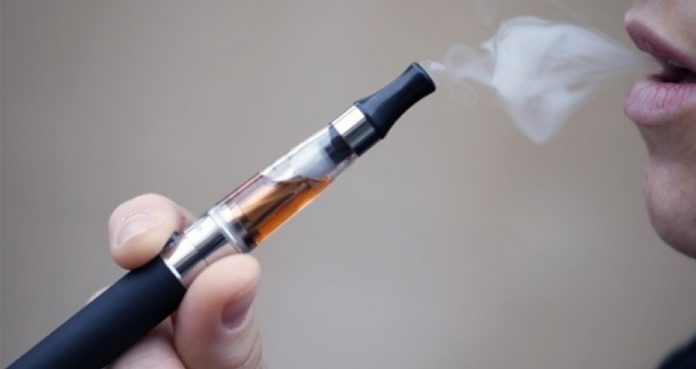A new study published in the journal Respirology has found that flavored e-cigarettes are toxic and damage the cells lining the air passages in the lungs.
In recent years, the demand for non-tobacco flavored e-cigarettes has skyrocketed among teenagers and younger adults. E-cigs are considered a much safer and healthier alternative to conventional cigarettes.
Researchers from the Royal Adelaide Hospital and the University of Adelaide have found that fumes produced by flavored e-cigarettes are dangerous, calling for government regulation.
Dr. Miranda Ween from the Royal Adelaide Hospital had urged the government to bring regulation on e-cigarettes production as soon as possible.
“There are no regulations on the manufacturing of E-liquids. There are also no requirements to list the ingredients or their quantities,” said Dr. Ween.
She continued, “As such, no ‘two apple,’‘chocolate,’or ‘cotton candy’ e-liquids will be made with the same flavoring ingredients or even concentrations. These are the things that we know can affect how unsafe a particular E-liquid is.”
In the United State, public health officials have reported more than 530 cases of serious pulmonary illness and eight deaths related to vaping.
The American Medical Association (AMA) urged people to stay away from flavored e-cigarettes until researchers figure out the exact reason behind the respiratory illnesses and eight deaths linked to vaping products.
The association has also advised physicians to inform their patients about the risks associated with e-cigarettes.
Dr. DilipDhupelia, the president of AMA Queensland and director of Clinical and Medical Services told The Courier-Mail that companies have been marketing vaping products in a way that may affect your health.
Considering the ongoing vaping epidemic in the United States, Dr. Dhupelia said, “If we don’t stop this now, we will have the same epidemic as they are currently experiencing in the US, at great cost to our already overstretched health system in Queensland.”





















